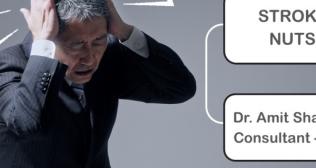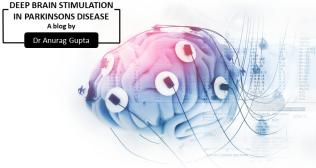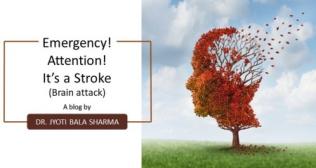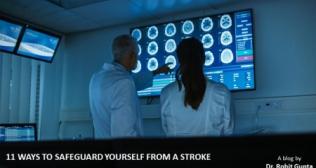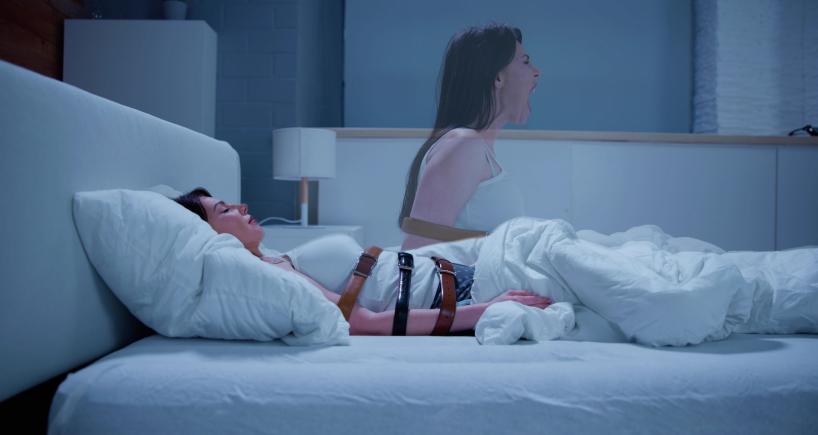
Sleep Paralysis: Symptoms, Treatment and Prevention
Decades-old superstitions related to troubled sleep are reawakening thanks to scary movies. Person wakes up in the middle of the night. The room is dark except for the moon's faint glow through one's window. But something’s not right. A weight presses down on person’s limbs, digs deep into the flesh of person’s tummy, and squeezes the air from their lungs. Person tries to move, but they can’t—all they can do is tentatively open their eyes. A shadow of twisted, gangly limbs writhes above the person. A looming head moves in proximity to person’s face. And just as person’s paralyzing terror threatens to burst them open, the monster retreats and person regains control over their limbs. Person wakes up. It was merely a dream. Hopefully.
This is what it feels like to have sleep paralysis!
What exactly is sleep paralysis?
Sleep paralysis is when one can’t move any part of their body right before falling asleep or as one wakes up. It happens when one’s body is in between stages of sleep as well as wakefulness. An episode is temporary as well as only lasts for a couple of seconds to few minutes. It’s a form of parasomnia.
Person will likely feel scared or anxious during a sleep paralysis episode. When it ends, person may feel confused as they’ll regain movement of their body as if nothing happened.
Even one sleep paralysis episode can make person nervous about going to sleep. This can impact how one feels as well as function during the daytime.
What are the symptoms of sleep paralysis?
One may experience the following symptoms during a sleep paralysis episode either right prior to falling asleep or as person is waking up:
- One can’t move their arms or legs.
- Person can’t speak.
- Sensations of pressure against person’s chest (suffocation) or moving out of their own body.
- Hallucinations (like there’s a dangerous person in one’s room).
- Daytime sleepiness.
What tests diagnose sleep paralysis?
One's healthcare provider may recommend testing if they suspect a sleep disorder that causes sleep paralysis like narcolepsy. One may need:
An overnight sleep study (polysomnogram): The test monitors one's breathing, heartbeat as well as brain activity while sleeping. It may enable healthcare providers to visualise an episode of sleep paralysis or detect issues like sleep apnea.
Multiple sleep latency test (MSLT): This test estimates how quickly one fall asleep as well as what kind of sleep one may experience during a nap. The test helps disclose issues such as narcolepsy.
How is sleep paralysis treated?
One’s treatment will rely on the reason why one suffers from sleep paralysis. One's healthcare provider may suggest the following:
Taking medications that prevent one from reaching the REM stage of sleep.
Taking drugs to treat an underlying mental health condition or sleep disorder (like antidepressants, for instance).
Improving one's sleep hygiene (habits that help you sleep better).
Talking to a mental health provider if one experience frequent stress.
Prevention of sleep paralysis
If person experience occasional sleep paralysis, one of the best ways to prevent sleep paralysis episodes is to improve the quality of sleep.
Try any of these sleep hygiene techniques to help improve the quality of sleep as well as prevent sleep paralysis:
- Get required sleep. Person should Try to get minimum seven to nine hours of sleep every night on a regular basis.
- Maintain a routine sleep schedule. One should go to bed as well as get up at consistent times on daily basis, including Saturday as well as Sunday.
- Create an ideal sleep ambience. Person should maintain the room where they sleep - dark, cool, as well as quiet.
- Ensure person's mattress as well as pillow suit their body's needs. Choose a pillow that keeps neck and head naturally in alignment. Mattress needs will depend on the level of firmness that feels best to your body. Memory foam mattresses boast the benefit of moulding to one’s body's pressure points.
- Reduce distractions. Person should avoid utilising electronic devices prior to going to bed.
- Person should relax prior to bed by taking a shower, reading, or listening to calming music.
- Try new sleeping positions if one sleeps on their back. Experts in the field of sleep have found a correlation between sleeping on back and sleep paralysis.
- Person should do what they can to ease stress in their life, especially just prior to bedtime.
- Curb substance usage: avoid alcohol consumption, especially in the evening, as well as steer clear of nicotine altogether.
- Reduce caffeine intake. If person can't or don't want to give up caffeine, avoid it post 2 p.m.
In a nutshell, Sleep paralysis is when one can’t move right prior to falling asleep or waking up. It’s temporary. As one sleeps, their brain helps the muscles in arms and legs relax. With sleep paralysis, one is stuck between sleep phases.











